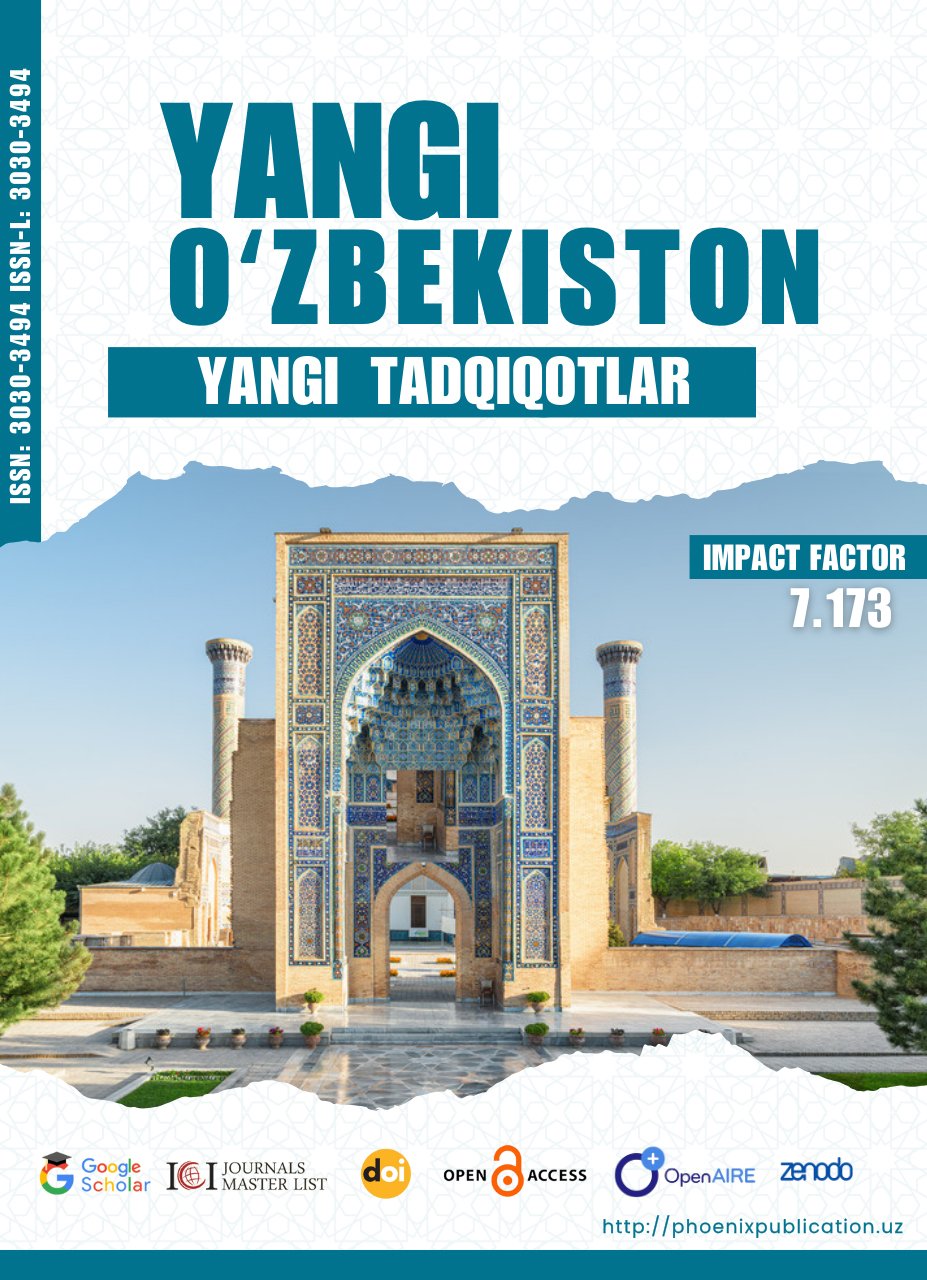Abstract
This study explores the pedagogical value of proverbs in multilingual education, focusing on English, Russian, and Uzbek proverbs. Proverbs are culturally rich linguistic units that convey collective wisdom and social values. Integrating proverbs in language teaching not only enhances vocabulary and language skills but also promotes intercultural competence. Through comparative analysis and empirical evidence, this research highlights effective teaching methods for using proverbs in multilingual classrooms, fostering students’ critical thinking and cultural awareness.
References
Abdullaeva, S. (2022). Methods and techniques for teaching English proverbs and sayings in EFL classroom. Science and Innovation International Scientific Journal, 1(7), 662-667.
2.Kamilova, F. et al. (2024). Effective strategies for teaching the English proverbs expressing senility and youth in Uzbek schools. International Conference Proceedings.
3.Tadjieva, M. F. (2023). The role of proverbs in teaching English. Termez State University Journal.
4.Mieder, W. (1993). Proverbs are never out of season: Popular wisdom in the modern age. Oxford University Press.
5.Comparative Analysis of Russian and Uzbek Proverbs. American Journal of Research in Humanities and Social Sciences, 2024.
6.Zenodo Repository. English Proverbs with Proper Names. https://zenodo.org/record/7588076.
